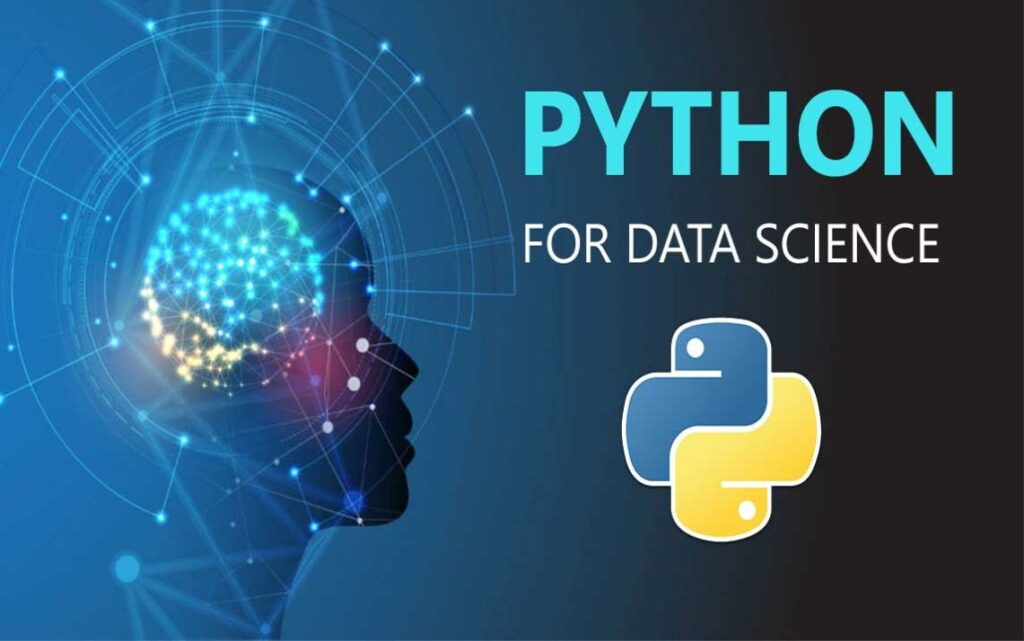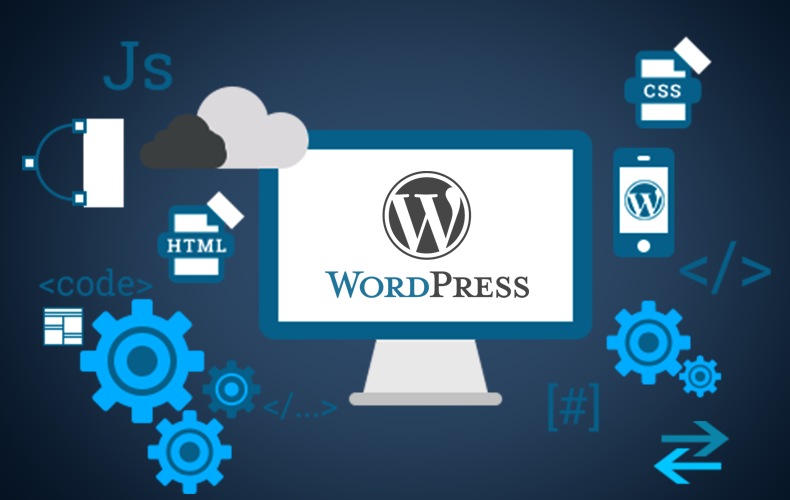In today’s data-driven world, businesses are constantly seeking new ways to gain insights and make informed decisions. One tool that has gained popularity in recent years for business analytics is Python. Python is a versatile programming language that is widely used for data analysis, machine learning, and statistical modeling. In this article, we will explore the reasons why your company should consider using Python for business analytics.
Easy to Learn and Use
One of the main advantages of Python is its simplicity and readability. The syntax of Python is easy to understand and learn, making it an ideal choice for both beginners and experienced programmers. Additionally, Python has a large and active community of developers who contribute to its development and provide support for newcomers.
Versatility
Python is a versatile programming language that can be used for a wide range of tasks, including data analysis, web development, and automation. This flexibility makes it a valuable tool for businesses looking to streamline their operations and improve efficiency. With Python, you can easily manipulate and analyze data, create visualizations, and build predictive models.
Extensive Libraries and Tools
Python has a rich ecosystem of libraries and tools that make data analysis and machine learning tasks easier and more efficient. Some of the most popular libraries for business analytics in Python include Pandas for data manipulation, NumPy for numerical computing, and Matplotlib for data visualization. Additionally, Python has libraries like Scikit-learn and TensorFlow that enable you to build machine learning models and algorithms.
Scalability
Python is known for its scalability, which makes it an ideal choice for businesses of all sizes. Whether you are a startup or a large enterprise, Python can handle large volumes of data and complex analytics tasks. With its support for parallel processing and distributed computing, Python can easily scale to meet the demands of your business.
Cost-Effective
Using Python for business analytics is cost-effective compared to other programming languages. Python is free and open-source, which means you don’t have to pay expensive licensing fees to use it. Additionally, Python’s extensive libraries and tools help you save time and resources on development, making it a cost-effective choice for businesses.
Community Support
Python has a large and active community of developers who are constantly working to improve the language and create new tools and libraries. This community support is invaluable for businesses that are using Python for business analytics, as it provides a wealth of resources and knowledge for solving problems and optimizing processes.
Integration with Other Technologies
Python is highly compatible with other technologies and platforms, making it easy to integrate with your existing systems and tools. Whether you are using cloud services, databases, or other analytics tools, Python can seamlessly connect to them and provide a unified platform for data analysis and visualization.
Conclusion
In conclusion, Python is a powerful and versatile programming language that is well-suited for business analytics. Its simplicity, versatility, scalability, and cost-effectiveness make it an ideal choice for businesses looking to gain insights from their data and make informed decisions. By leveraging Python’s extensive libraries and tools, your company can streamline its operations, improve efficiency, and stay ahead of the competition. So, if you haven’t already, consider using Python for your business analytics needs and unlock the full potential of your data.



